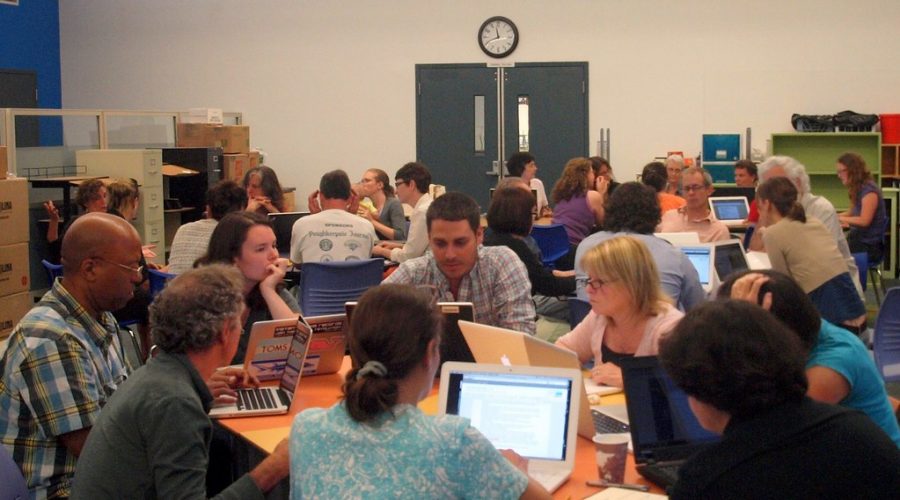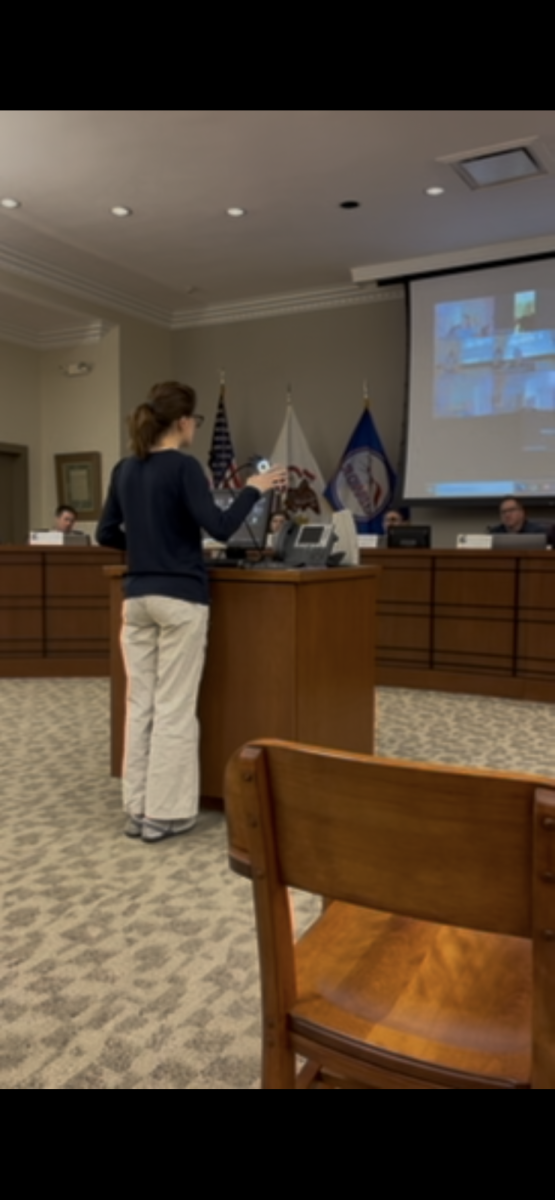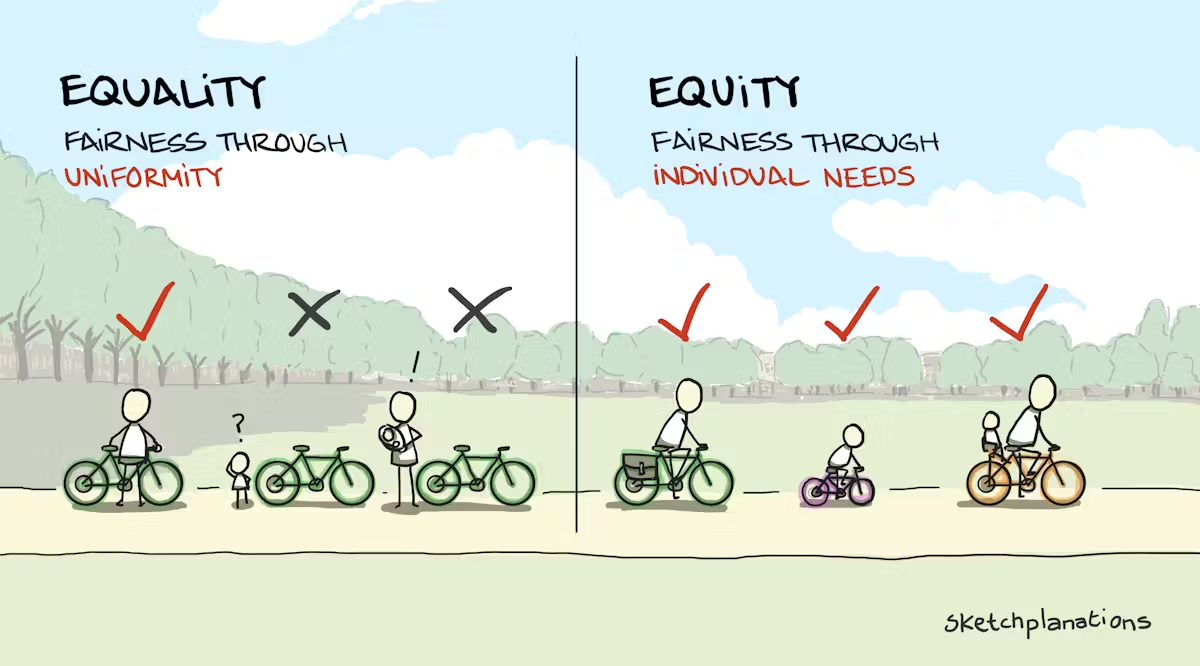As February comes to a close, many changes are beginning to occur in the world around us. As the promise of spring looms closer, temperatures have started to rise. In true Chicago fashion, this means learning to drive in two feet of half-melted slush for the next month or so. But it’s better than nothing, and certainly superior to the polar vortex of the previous month.
There are more important aspects to this month than the weather, however. As Black History Month, February serves as a time to reflect on the racial issues that plague our community and nation. These problems were thrust into the spotlight in 2020, as the death of George Floyd forced citizens to debate the presence of discrimination in our institutions.
When speaking about racism, there are many difficult discussions that need to be had: What is the difference between equity and equality? Which should we strive for? How can we understand our own actions and internal biases, as well as how they affect those around us?
Some of these conversations are beginning to take place in our community. Students from both East and North were present at a Black Lives Matter protest on June 6, 2020. Two days earlier, D303 School Board President Nicholas Manheim and Superintendent Jason Pearson wrote in a letter home that the district would reevaluate its curriculum, instructional models, and classroom practices in order to ensure they represented diversity and inclusion. On February 25, 2021, East’s brand new Equal Protection Club–which aims to give students a platform to discuss various social justice issues–held its first virtual meeting. And on March 8, 2021, the School Board will vote on whether to hire a Director of Diversity, Equity, and Inclusion. The Board will also vote on whether it will partner with the professional development program Deep Equity in order to train staff in cultural competency. (Note: The X-Ray will be publishing a story overviewing Deep Equity in March, so stay tuned.)
Amid all of these developments, a group of concerned community members has formed. While they are most visible during the Citizen Comments portion of the School Board meetings, they also make their voice heard on online blogs, Facebook groups, and Youtube channels. This group’s position is clear: they believe that Deep Equity and other measures aimed at combating racism will instead exacerbate tensions between white and minority groups in our community by shaming white individuals for their privilege and behavior.
They feel this is a valid concern, and it’s one all of us should pay attention to moving forward. As the work that needs to be done regarding racism and biases can be extremely controversial, it is critical that our community be very intentional about how changes are made. If information is presented in a way that can be misinterpreted or contorted, it will be.
As we delve deeper into these discussions about race, let us be careful not to divide each other into the two camps of “the oppressors” and “the oppressed.” This kind of distinction is no longer useful for anyone, and only heightens resentments on both sides.
Instead, let our work focus on articulating and understanding each other’s differences and difficulties in an empathetic manner. All communities, regardless of race, have nuanced cultures whose intricacies and roots might be alienating to an outsider. Our goal should be to build cultural competence: to be literate in all cultures and their economic and political implications.
Part of that means understanding the histories of the many different peoples that populate our country. And thus we return to Black History Month. It’s important that we recognize the oppression that African Americans endured for much of our nation’s history. While white Americans living today might not be personally responsible for the oppression of the black population, they do have a responsibility to lessen the long-lasting economic and political ramifications of slavery and Jim Crow laws. Building cultural competency necessitates cultivating an understanding of the issues that arise from those policies, even if slavery and Jim Crow have since been abolished. Only then can we design effective solutions to fix them.
But remember, we can find these solutions without pointing fingers, without shouting each other down, and without exacerbating the tensions that already exist. If all sides of discussions are willing to be respectful, mindful, and open to changing their perspective, then solutions to issues that have affected our community for generations may finally be within reach.










